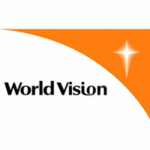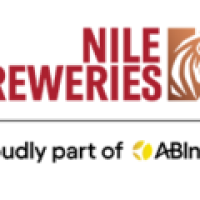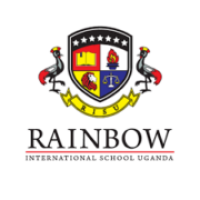Key Responsibilities:
Key Responsibilities:
1. Programme Implementation:
- Provide technical guidance in the planning and implementation of education programs, ensuring they meet the quality standards and objectives.
- Support the development of annual work plans and budgets for education interventions.
- Oversee the day-to-day implementation of education activities in line with the project plan, ensuring timely and efficient delivery of services.
- Ensure the integration of education programs with other sectors, such as child protection, health, and livelihood.
2. Capacity Building:
- Train and mentor field staff, teachers, and community members on education-related topics, including child-friendly teaching methods, curriculum adaptation, and inclusive education.
- Build the capacity of local government and community structures to support the education programs and ensure sustainability.
3. Monitoring, Evaluation, and Learning (MEAL):
- Work with the MEAL team to develop and implement monitoring and evaluation frameworks and tools for education projects.
- Conduct regular field visits to monitor the progress of education activities and provide technical feedback.
- Document and disseminate lessons learned, best practices, and success stories from education programs.
- Participate in assessments, evaluations, and research to inform the design and improvement of education interventions.
4. Advocacy and Networking:
- Engage with government authorities, NGOs, and other stakeholders to advocate for improved educational policies and practices.
- Represent World Vision in relevant education forums, meetings, and networks at the local, regional, and national levels.
- Develop and maintain partnerships with key education stakeholders, including government agencies, donors, and community-based organizations.
5. Resource Mobilization:
- Contribute to the development of concept notes, proposals, and budgets for new education projects.
- Identify funding opportunities and support fundraising initiatives for education programs.
Qualifications:
- Education: Bachelor’s degree in Education, Social Sciences, Development Studies, or a related field. A Master’s degree in a relevant field is an added advantage.
- Experience: Minimum of 3-5 years of experience in managing education programs in a humanitarian or development context. Experience in working with international NGOs is preferred.
- Technical Skills:
- Strong understanding of education systems, policies, and practices in Uganda.
- Demonstrated experience in implementing education programs, including curriculum development, teacher training, and child-friendly education approaches.
- Proficiency in monitoring and evaluation of education projects.
- Excellent report writing, proposal development, and budget management skills.
- Soft Skills:
- Strong communication, presentation, and facilitation skills.
- Ability to work in a multicultural environment and build effective working relationships with stakeholders.
- Proven ability to manage multiple tasks and meet deadlines.
- Other Requirements:
- Commitment to World Vision’s core values and mission.
- Willingness to travel frequently to field locations.









